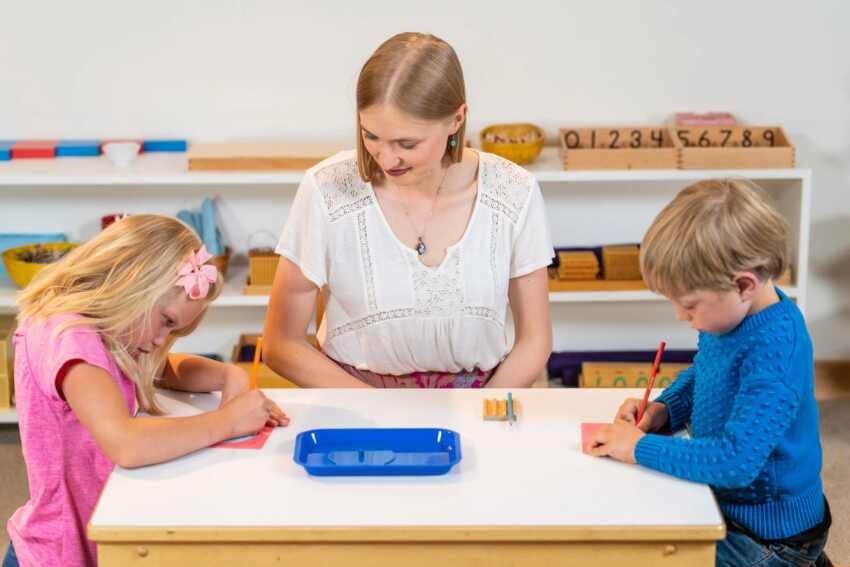Montessori Lessons That Encourage Artistic Expression
In the Montessori approach to education, creativity and artistic expression play a fundamental role in a child’s development. By providing an environment that fosters imagination and encourages self-expression, Montessori schools help children unlock their creative potential. Through various lessons and activities, Montessori educators facilitate the unleashing of children’s artistic abilities, allowing them to explore different forms of art and find joy in the process. This article will highlight some of the Montessori lessons that effectively promote artistic expression.
1. Nurturing the Imagination
Montessori classrooms encourage children to engage their imaginations through storytelling, pretend play, and role-playing exercises. By immersing themselves in imaginary situations, children can explore different perspectives, emotions, and characters, which ultimately enhances their creative thinking skills. Through these imaginative activities, Montessori educators provide a foundation for artistic expression, inspiring children to explore various art forms.
2. Open-ended Art Materials
Montessori classrooms are equipped with a wide range of open-ended art materials that allow children to freely express themselves. These materials include paints, markers, crayons, clay, collage materials, and more. By providing these materials without strict guidelines or pre-determined outcomes, Montessori educators promote experimentation, problem-solving, and individuality. Children are encouraged to explore different techniques, mix colors, and create art that reflects their own unique vision.
3. Encouraging Self-expression
Montessori lessons focus on valuing each child’s individuality and perspective. Educators encourage children to express their thoughts, feelings, and emotions through art. Whether it’s painting, drawing, or creating sculptures, the emphasis is on the process rather than the final product. By providing a non-judgmental environment, Montessori educators help children develop a sense of confidence and pride in their artistic endeavors, fostering their creativity.
4. Incorporating Nature
Montessori education places great emphasis on connecting children with nature. Nature walks, outdoor games, and gardening activities are incorporated into the curriculum. By observing the natural world, children gain inspiration for their artwork. Montessori educators often introduce art projects that involve elements of nature, such as creating collages with leaves, painting landscapes, or sculpting animals. By incorporating nature into art lessons, children learn to appreciate the beauty around them and develop a deeper connection to their environment.
5. Children as Teachers
Montessori classrooms encourage collaboration and peer learning. Older children are given the opportunity to teach younger ones, fostering a sense of responsibility and leadership. When it comes to artistic expression, older children may guide their younger peers in exploring different art techniques or materials. This not only enhances their own artistic abilities but also strengthens their communication and social skills. By allowing children to teach and learn from each other, Montessori education cultivates a supportive and creative community.
Unleashing creativity is a core aspect of Montessori education. By providing an environment that nurtures imagination, offers open-ended art materials, encourages self-expression, incorporates nature, and promotes peer learning, Montessori educators effectively facilitate artistic expression in children. Through these lessons, children develop their individual artistic styles, problem-solving abilities, and communication skills. Montessori education recognizes that artistic expression is not only about creating visually pleasing works but also about fostering a sense of joy, confidence, and personal growth in every child.
Nidhin
For More Details Call: +917510220582

